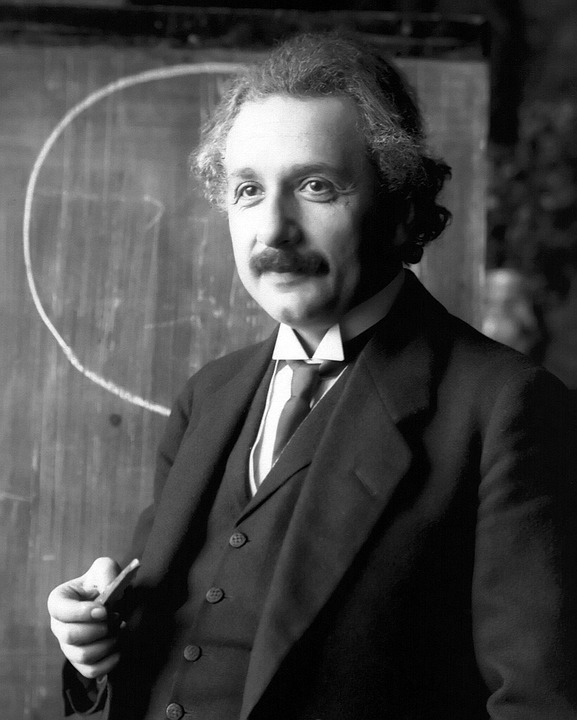
Or does he get a pass because he is pop culture squared?
Or (hold your breath) does progressivism make people stupid as well as unpleasant?
From Philip Ball at the Guardian:
The row over racist remarks made by Einstein says more about the pedestals we put great scientists on than the man himself
Was Albert Einstein racist? In pondering the disobliging remarks he made about Chinese and Japanese people in the private diaries he kept about his travels to east Asia in 1922-3, just published by Princeton University Press, it’s not a particularly helpful question.
On the one hand, there’s the view that even this famously humane and broadminded scientist was inevitably a man of his time. Accordingly, we can’t expect him, despite his visceral dislike of nazism, to rise above a prevailing culture in which the open expression of prejudice was routine. We might look on it now with dismay, but to label it racism is to indulge a presentism that achieves nothing except making us feel superior. …
On the other hand, it’s rightly said that not everyone in Einstein’s time would have called the Chinese people “filthy and obtuse” or voiced fears that they would “supplant all other races”. Not everyone in the 1920s still adhered to the crude, pseudo-Darwinian ranking of races that led Einstein to suspect the Japanese might be “naturally” intellectually inferior. More.
Einstein’s view wasn’t actually “pseudo-Darwinian.” It was exactly how Darwinism was understood by most people at the time. That was still so in the 1960s, as I (O’Leary for News) recall. If professional Darwinian evolutionists didn’t like that, they were mighty slow disabusing the rest us.
But never mind. With that qualification, Ball’s article is a fine read on the dangers of making bright people out to be gods, kings, and heroes. Especially if your mindset is such that you supposedly don’t believe in gods, kings, or heroes…
See also: A note on eugenics, social darwinism and evolutionary theory. kairosfocus: [Racism] was the “scientific consensus” of the day; itself a lesson on the intellectual and moral hazards of appeal to consensus in science. Also, we must note the significance of influential media and campaigns by editors embarking on crusades in the building of such a consensus. At that time, G K Chesterton was very much an outlier, a lone voice pointing out the errors and hazards.
Destroying monuments is destroying our (real) history. Iconoclasts in the US and Canada are not the apex of moral perfections
and
The illogic of famous logicians (who promoted cruel political systems) – Eitei features here too… these stories are not new.